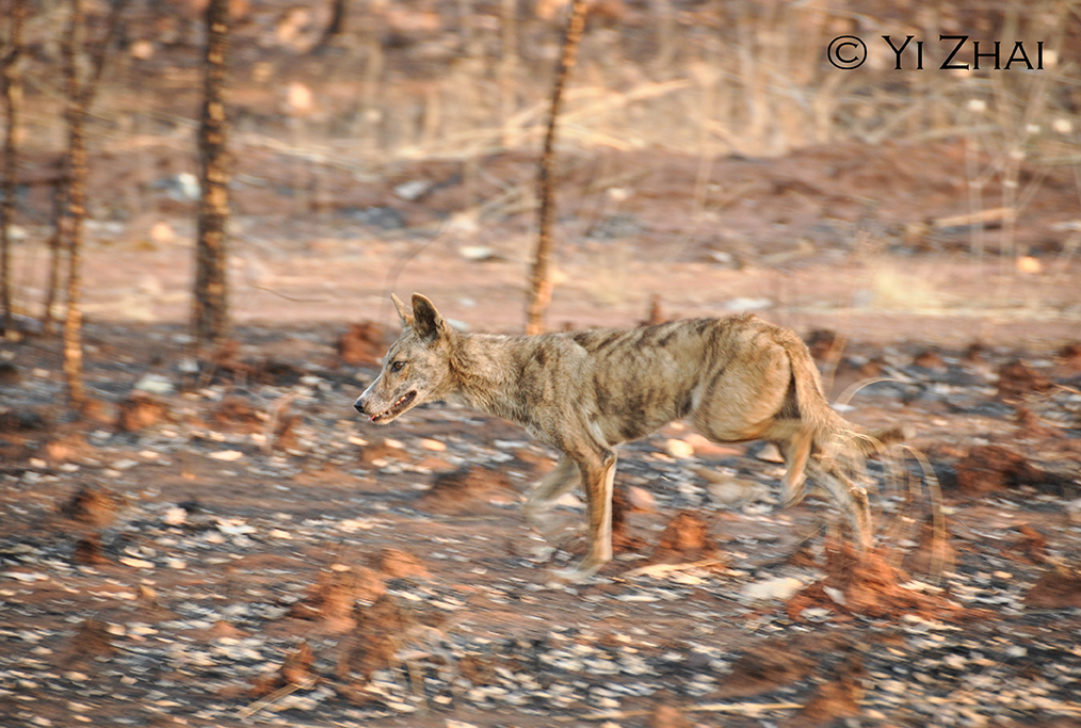Looking for something?
CloseSince 2012 Feedback
Powered by the Centre for Invasive Species Solutions
Navigate our sites
Back-
-

-

-

-
View our best practice community engagement information hub ‘Community Invasives Action‘ to enhance community involvement in your invasive species management programs
Powered by the Centre for Invasive Species Solutions
Navigate our sites
Back-
-

-

-

-
View our best practice community engagement information hub ‘Community Invasives Action‘ to enhance community involvement in your invasive species management programs
Powered by the Centre for Invasive Species Solutions





